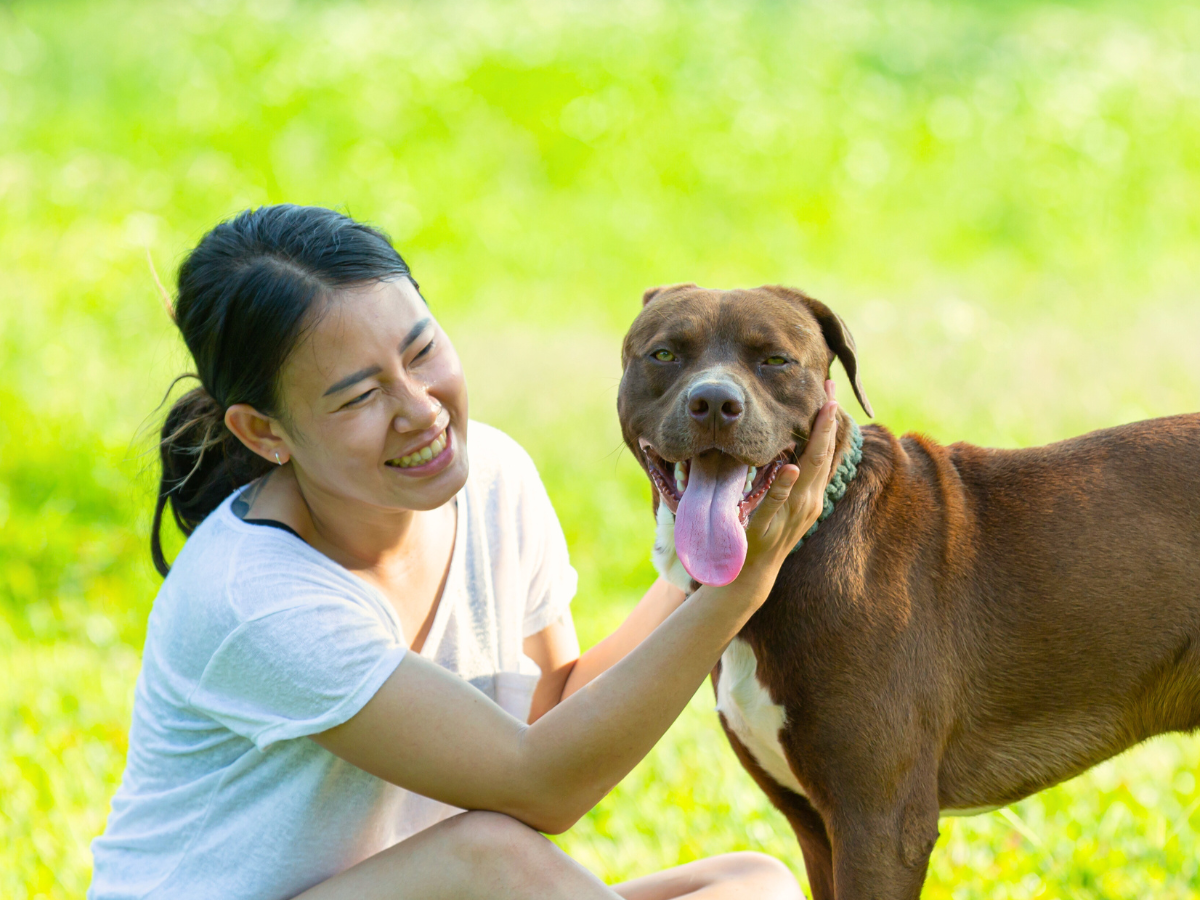Blood Donation for Dogs: Why It Matters & How to Help
Article - 6 min read • Updated Jun 16, 2025
Medically reviewed by Dr. Claire Tan, BVSc (Qld.), BAppSc (Qld.)

Most people think about adoption when it comes to saving animal lives. But there’s another powerful way you and your dog can make a difference — by signing your dog up to be a blood donor.
Canine blood donation is a life-saving gift for injured or critically ill dogs who need transfusions. These transfusions are often required in situations like:
- Severe blood loss from accidents or surgery
- Destruction of red blood cells from immune-mediated diseases
- Tick-borne illnesses, e.g. babesiosis or ehrlichiosis
In Singapore, blood donations for pets are always in short supply. With thousands of dog owners here, we can close that gap together.
Why Dogs Need Blood Transfusions
Every year, countless dogs require transfusions to survive. Conditions such as tick fever are common in Singapore’s tropical climate. Severe cases of babesiosis and ehrlichiosis often result in life-threatening anaemia.
According to Pet Blood Bank UK, a single blood donation can help save up to four other dogs!
What Happens During a Dog Blood Donation?
If you’re wondering what the process looks like, here’s what to expect.
Your dog will first undergo:
- A full physical exam
- Blood tests to check organ health, red blood cell count, and screen for diseases like heartworm or tick fever
For the actual donation:
- Blood is drawn from the jugular vein (a large vein in the neck)
- Mild sedation may be used for comfort, especially for more active or anxious dogs
- Your dog will be monitored closely, hydrated with intravenous fluids, and given plenty of rest
- Afterward? Lots of cuddles, treats, and well-deserved praise.
Good to know: Some calm dogs don’t need sedation at all. The vet will decide what’s best based on temperament.
Is Blood Donation Safe for My Dog?
For healthy dogs, donating blood is safe. Vets perform full health screenings to rule out hidden problems before clearing your dog as a donor.
Most donor dogs bounce back quickly. You might notice mild tiredness for a day or two as the body naturally replaces the lost blood.
Serious side effects are rare. The biggest risk is in dogs with underlying health issues, which is why careful screening matters.
Does Donating Blood Hurt?
Not at all. With mild sedation (if required) and attentive care, most dogs don’t even notice what’s happening. Think of it as a short nap with a heroic ending.
Can My Dog Be a Blood Donor?
Here’s the usual criteria for donor dogs:
- Weighs at least 25kg (ideal, but not overweight)
- Between 1 to 8 years old
- Calm and gentle temperament
- Healthy, with no underlying medical conditions
- Fully vaccinated and regularly protected against parasites
- Not currently on medications
- Never had a blood transfusion before
- DEA 1.1 or DEA 1.2 negative blood type
“Like us, dogs have different blood types too. DEA 1.1 or DEA 1.2 negative is like the universal donor in humans, similar to O negative blood type.” - Dr. Claire Tan, BVSc (Qld.), BAppSc (Qld.)
If your dog has received a transfusion before, they may have developed antibodies that could trigger severe reactions in recipients. That’s why first-time, healthy donors are ideal.
How Often Can My Dog Donate Blood?
As long as your dog remains healthy and meets the criteria, they can donate safely up to six times a year.
Your family vet will advise on the ideal donation frequency based on your dog’s health and recovery after each session.
What If My Dog Doesn’t Qualify?
Many dogs in Singapore don’t meet the size requirement, especially smaller breeds. But that doesn’t mean you can’t help.
Here’s what you can do:
- Share this article with friends who own large dogs
- Volunteer to help transport donor dogs to clinics
- Follow us on social media so you can answer blood donor appeals
- Even spreading awareness can help save lives!
Ready to Help? Let’s Talk
Want to find out if your dog is eligible or need more information? Contact Gaia Vets or speak with your regular vet. Together, we can make sure more dogs get the second chances they deserve.